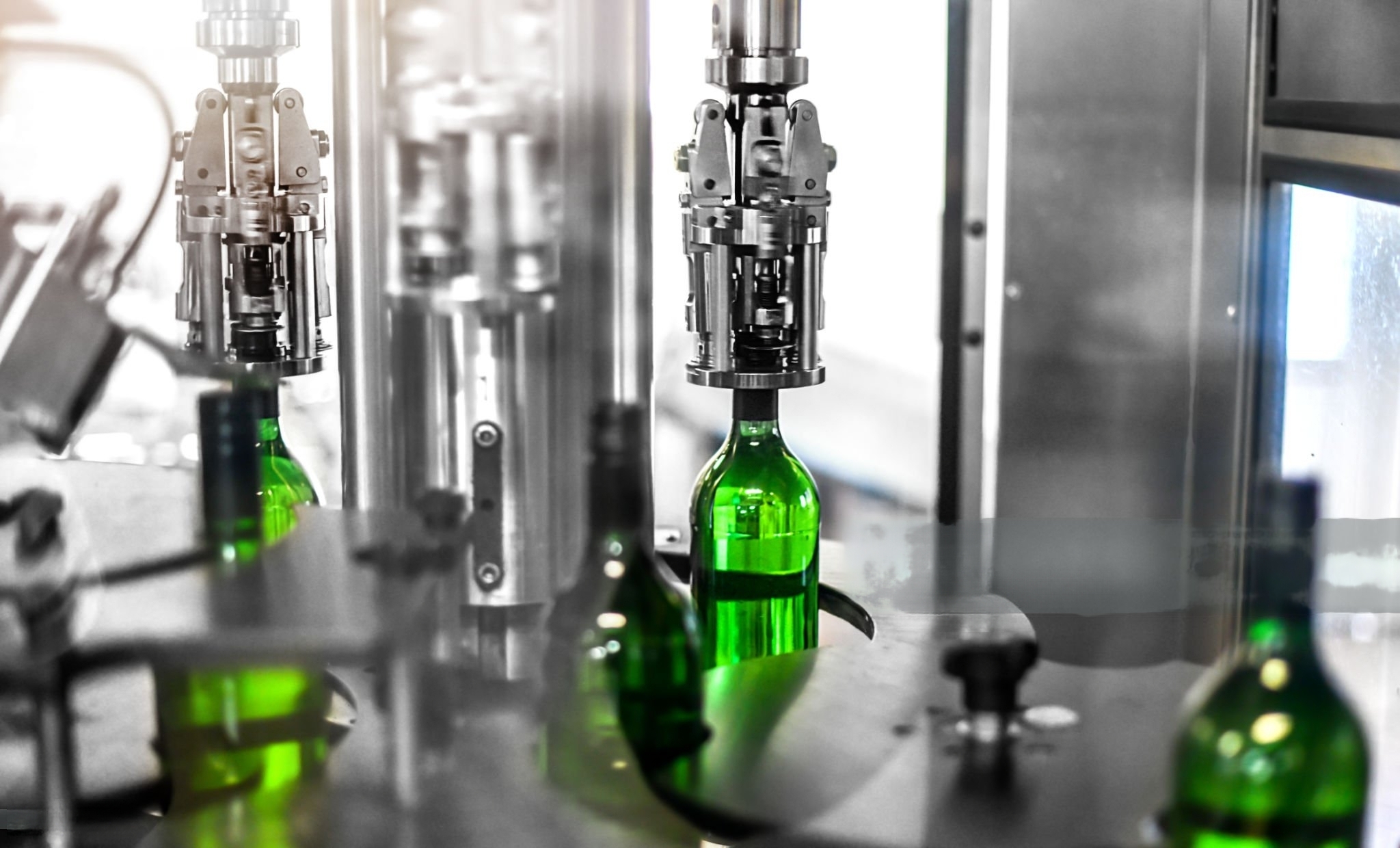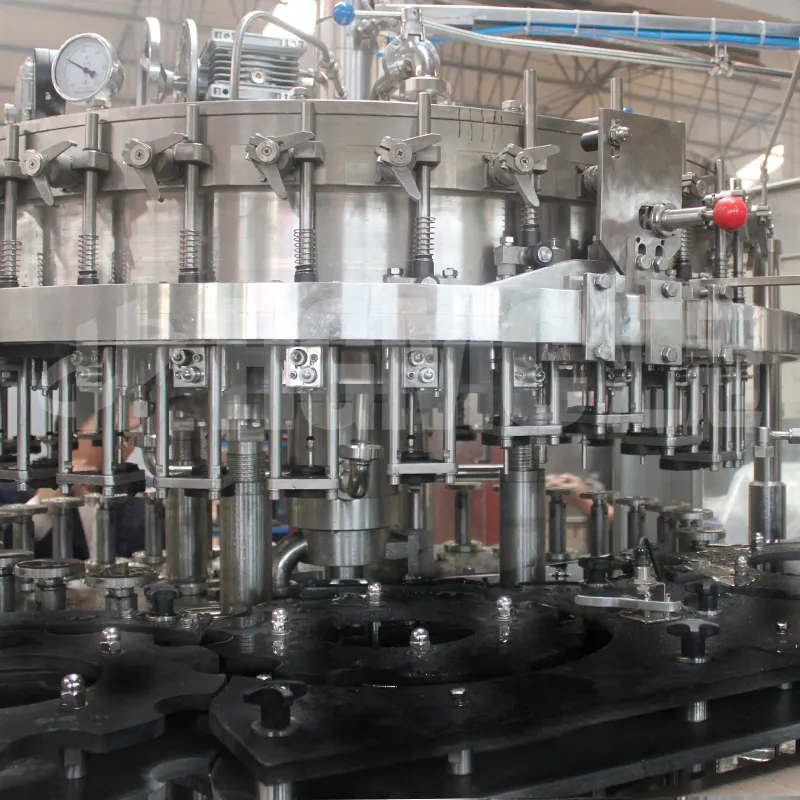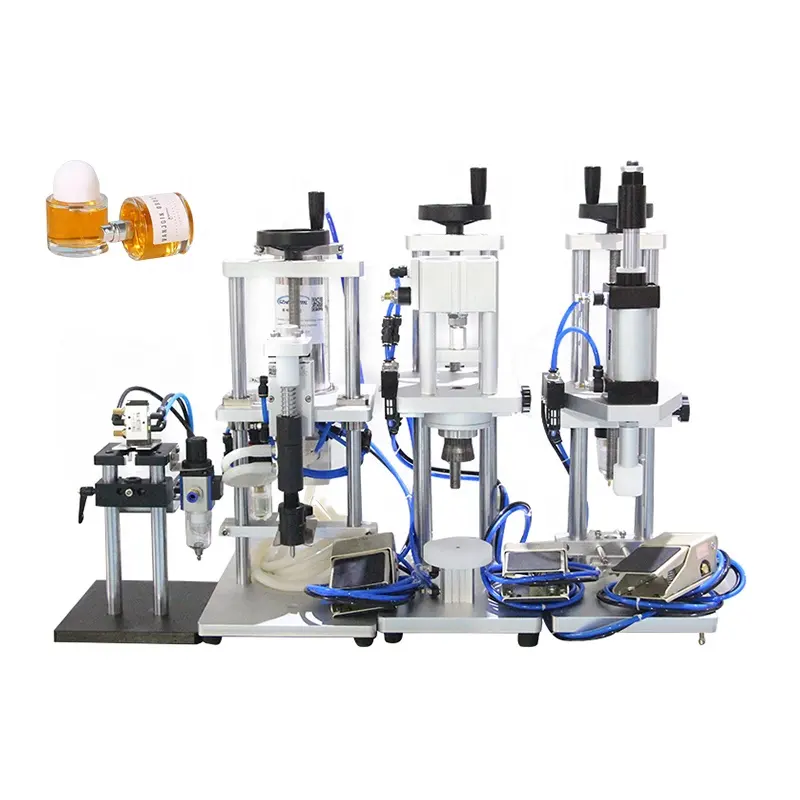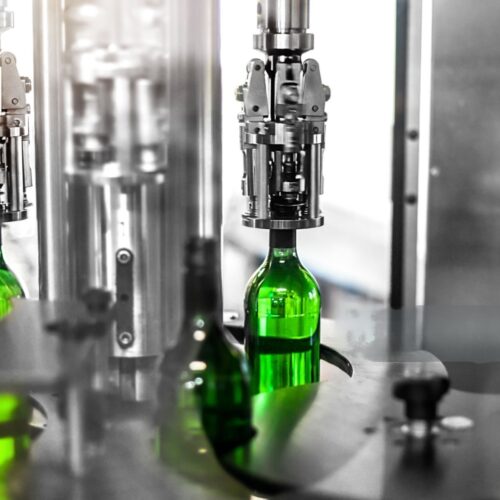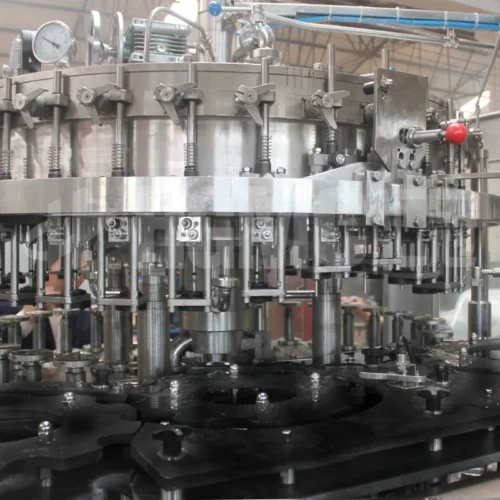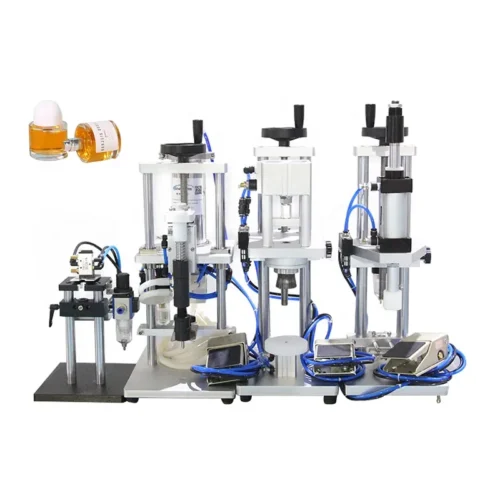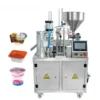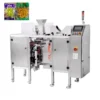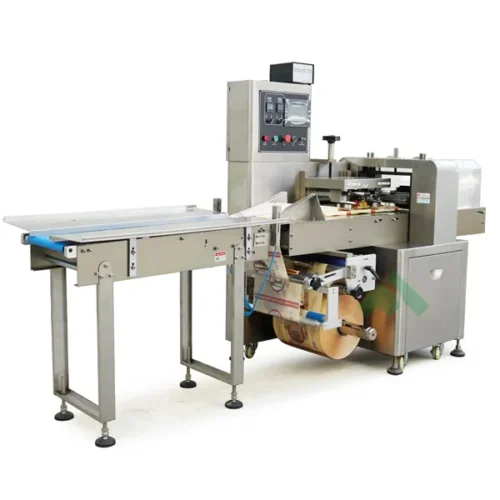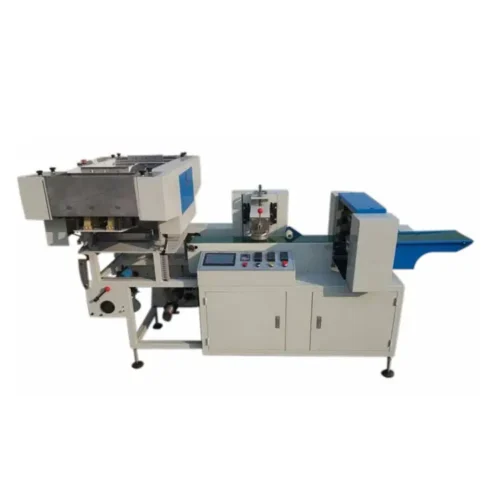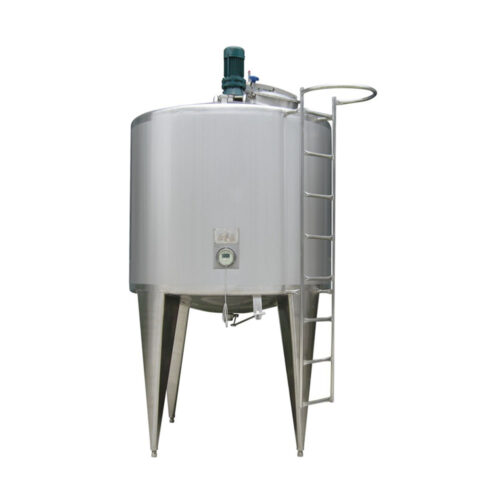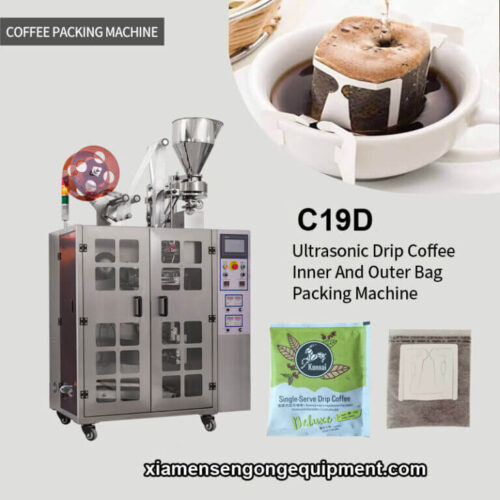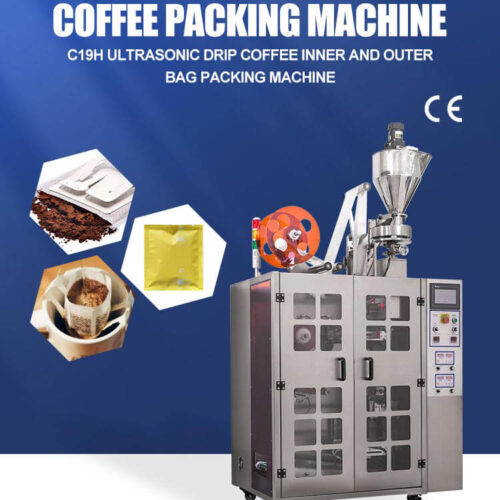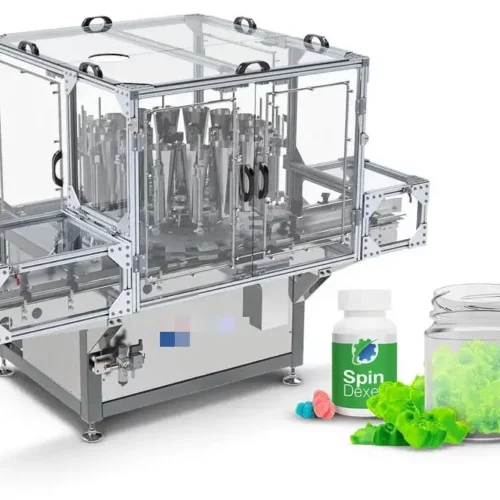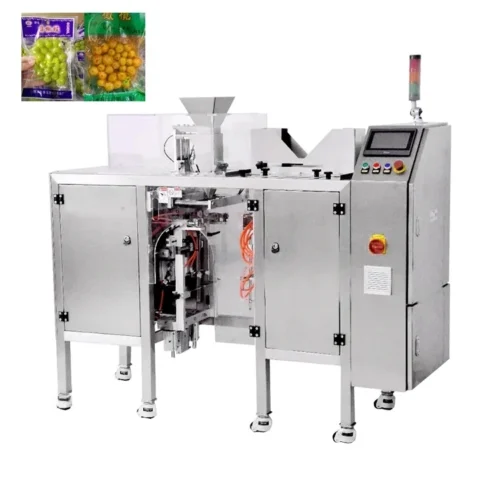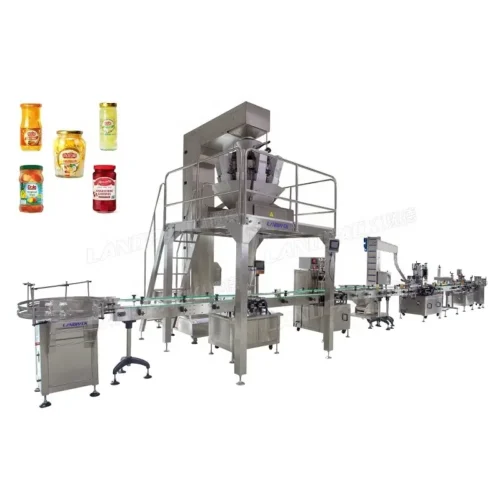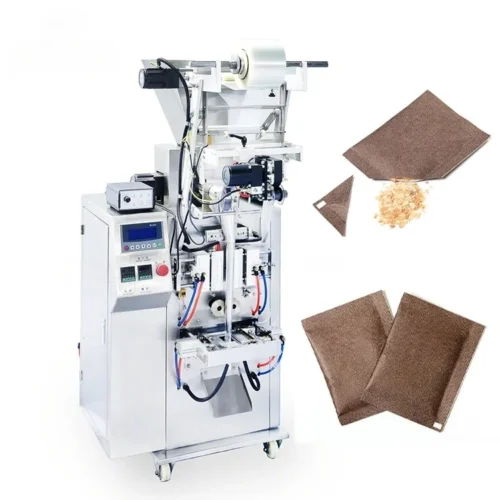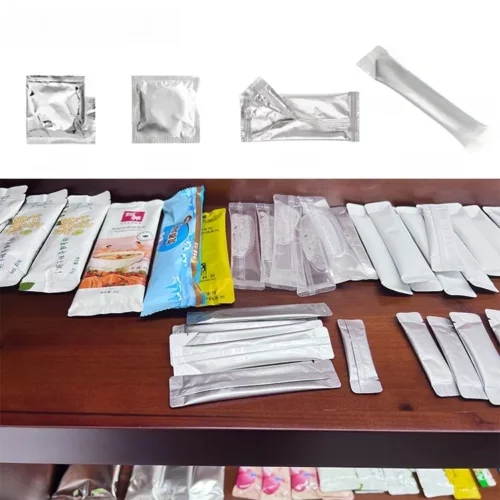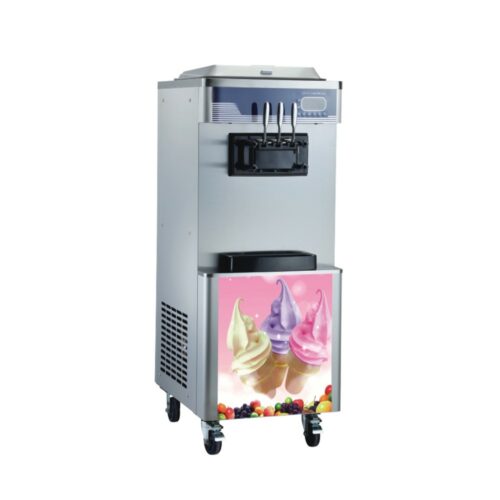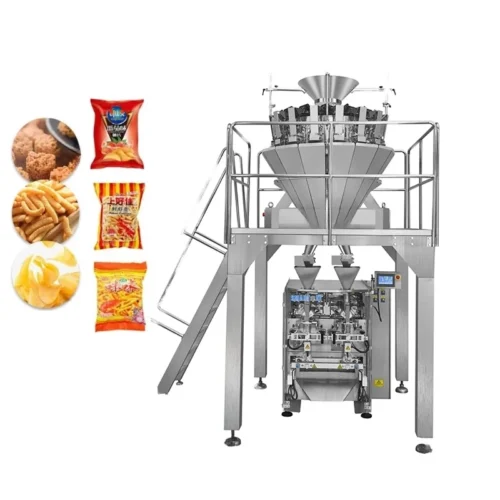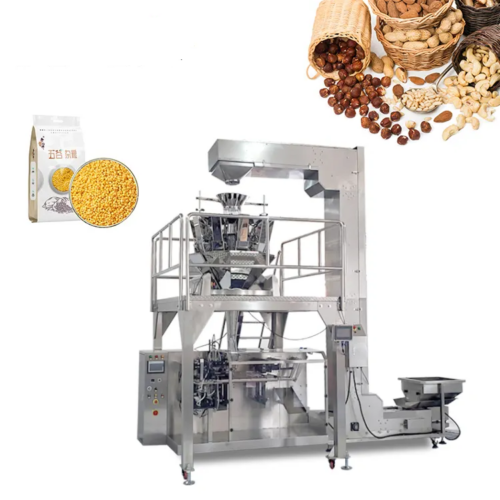List Technical Parameters of “glass bottle manufacturing machine”
A “glass bottle manufacturing machine” is a complex piece of machinery, with various technical parameters that determine its functionality and overall performance. Some of the key technical parameters of such machines are as follows:
1. Production Capacity – The maximum number of glass bottles that the machine can produce within a given timeframe. This parameter is usually measured in units per hour.
2. Bottle Size – The range of bottle sizes that the machine can produce, along with the minimum and maximum dimensions of each bottle.
3. Glass Type – The type of glass that the machine can process, which determines the quality and strength of the bottles produced.
4. Heating System – The type of heating system used within the machine, whether it is electric, gas, or any other type of heat source.
5. Mold Types – The different types of molds used for creating various shapes and sizes of glass bottles, which can be customized and changed according to production needs.
6. Cooling System – The cooling system used to cool the bottles after they are formed, which helps to strengthen them and prevent any deformities or cracks.
7. Production Process – The step-by-step process involved in manufacturing glass bottles using the machine, which involves several stages such as melting, forming, and cooling.
8. Quality Control – The various quality control measures implemented within the machine to ensure that all bottles produced meet the required standards.
9. Power Consumption – The amount of power consumed by the machine during operation, which affects its running costs and overall efficiency.
10. Maintenance Requirements – The maintenance requirements of the machine, including cleaning, lubrication, and replacement of parts, which affect its lifespan and overall performance.
In conclusion, a glass bottle manufacturing machine is a sophisticated piece of equipment that involves several technical parameters and processes. The efficiency and performance of such a machine depend on how well it meets these parameters and performs its functions, which impacts the overall output of the system and its operational costs.
List Product features of “glass bottle manufacturing machine”
The glass bottle manufacturing machine is a complex piece of equipment used to produce a wide range of glass products. Its primary function is to shape and mold molten glass into different sizes, shapes, and textures to meet the varied demands of the market. The following are the product features of a glass bottle manufacturing machine:
1. Quality Control: The machine is equipped with sensors and software to ensure that the glass is of the highest quality and meets industry standards. This feature guarantees that all manufactured glass bottles are free from defects and will last long.
2. Automation: The machine operates on an automated system that significantly reduces human intervention, making the production process more efficient and streamlined. The automation system also ensures consistent quality output, reducing the possibility of errors.
3. Versatility: The machine can produce different sizes, shapes, and textures of glass bottles, allowing users to manufacture numerous products without changing equipment.
4. Precision: The machine uses precision engineering to produce products with high dimensional accuracy, enabling it to consistently deliver high-quality products that meet customer specifications.
5. Energy-efficient: The machine has energy-saving features that make it environmentally friendly and cost-efficient. The machine operates on an energy-efficient system that conserves power and minimizes waste.
6. Durability: The machine is built with high-quality materials that guarantee long-term durability and resistance to wear and tear.
7. Low Maintenance: The machine requires minimal maintenance, making it easy to operate and maintain. This feature also reduces downtime and increases productivity.
8. Safety: The machine has safety features that prevent accidents and injuries in the workplace. It is also built to withstand high temperatures and pressures associated with glass manufacturing.
In conclusion, the glass bottle manufacturing machine is a versatile, efficient, and reliable piece of equipment that meets the diverse needs of the glass manufacturing industry. Its features include quality control, automation, versatility, precision, energy efficiency, durability, low maintenance, and safety.
List Application of “glass bottle manufacturing machine”
Glass bottle manufacturing machines are used to automate the process of glass bottle production. The machine produces glass bottles in various shapes, sizes, and colors. These machines play a critical role in the packaging industry as glass containers are used to package different products such as beverages, cosmetics, and pharmaceuticals. Here are some applications of glass bottle manufacturing machines:
1. Beverage industry: Glass bottles are commonly used to package beverages such as wine, spirits, beer, juice, and carbonated drinks. Glass bottles are preferred by consumers due to their ability to preserve the taste, aroma, and quality of the product. Glass bottle manufacturing machines are used to produce bottles of different sizes and shapes to suit the various requirements of the beverage industry.
2. Pharmaceutical industry: Glass bottles are used to package pharmaceutical products such as vaccines, antibiotics, and syrups. Glass bottles are preferred due to their ability to preserve the quality and efficacy of the drug. Glass bottle manufacturing machines produce bottles that are free from contamination and can be sterilized easily.
3. Cosmetics industry: Glass bottles are commonly used to package cosmetic products such as perfumes, essential oils, lotions, and creams. Glass bottles are preferred due to their ability to protect the product from UV radiation and maintain its fragrance and consistency. Glass bottle manufacturing machines produce bottles of different shapes and sizes to meet the requirements of the cosmetic industry.
4. Food industry: Glass bottles are used to package food products such as honey, sauces, and oils. Glass bottles are preferred due to their ability to protect the product from external contaminants and prevent spoilage. Glass bottle manufacturing machines produce bottles that are odorless, tasteless, and give excellent protection to the food products.
5. Environmental applications: Glass bottles are eco-friendly as they can be recycled and reused. Glass bottle manufacturing machines produce bottles that are sustainable and contribute to environmental conservation. These machines form an essential component in waste management systems while promoting sustainable manufacturing.
In conclusion, glass bottle manufacturing machines find various applications in different industries, from packaging and preserving different products to promoting environmental sustainability. These machines produce glass bottles with high efficiency, accuracy, and quality, contributing to the growth and development of different industries.
List Various Types of “glass bottle manufacturing machine”
Glass bottle manufacturing machines are designed to streamline the process of bottle production by automating most of the tasks involved. These machines employ various technologies depending on the type, size, and shape of the bottle that needs to be produced. Here are some of the main types of glass bottle manufacturing machines:
1. Glass melting furnace: This type of machine is used to melt raw materials such as sand, soda ash, limestone, and recycled glass. The molten mixture is then poured into a forming machine to make glass bottles.
2. Glass forming machine: This machine is responsible for shaping the molten glass into the desired shape and size of the bottle. The glass is blown or pressed into the mold and then cooled using a coolant.
3. Glass inspection machine: This machine is designed to inspect the glass bottles for defects such as cracks, chips, and dents. It uses automated systems to ensure quality standards are met.
4. Glass decorating machine: This type of machine is used to decorate the glass bottles with labels, designs, and logos. There are rotary and flatbed decorating machines that can apply a variety of techniques such as silk-screening, hot stamping, and labeling.
5. Glass cleaning machine: This machine is designed to clean and sterilize the glass bottles for filling. It uses hot water, detergents, and sanitizers to remove any contaminants that may affect the quality of the product.
6. Glass packaging machine: This machine is responsible for packaging the finished glass bottles into cartons, crates, or pallets. It can be fully automated or semi-automated, depending on the volume of production.
Overall, glass bottle manufacturing machines have revolutionized the way glass bottles are produced, making it faster, more efficient, and cost-effective. With the use of advanced technologies, manufacturers can produce high-quality glass bottles that meet the needs of various industries such as food and beverage, pharmaceuticals, and cosmetics.
List The Process of “glass bottle manufacturing machine”
The process of glass bottle manufacturing machine is a series of steps that involve the transformation of raw materials into a finished product. The process typically begins with the introduction of raw materials such as sand, soda ash, limestone, and cullet (recycled glass) into a furnace. These materials are heated to melting point, creating a liquid glass mixture.
Once the glass has melted, it is extruded through a machine called a feeder, which distributes it to individual machines that form the glass into bottles. The machines are known as the forming machines and typically consist of several sections, including the gob distributor, blank mould, finish mould, and cooling section.
The gob distributor section ensures that the right amount of glass is fed into the mould and is then cut into a predetermined size. The gob is then placed inside the blank mould, which shapes the molten glass into a parison, which is a hollow tube of glass with a neck.
Next, the parison is moved to the finish mould section, where it is inflated using compressed air, which shapes it into the final container shape. Once the container is shaped appropriately, it moves into the cooling section. Here, the containers are cooled by various cooling methods, such as air cooling or water cooling.
After the cooling process is complete, the bottles are checked for defects such as cracks, leaks, and other imperfections. Finally, the bottles are cleaned, labeled, and packaged for shipment.
In conclusion, the process of glass bottle manufacturing machine is a complex and multi-step operation that requires meticulous attention to detail. From the introduction of raw materials through the formation of molten glass into a container, the process requires specialized machines and equipment, skilled operators, and precise quality control measures to ensure that the final product meets the required standards.
How to use “glass bottle manufacturing machine”
A glass bottle manufacturing machine is used to produce glass bottles in large quantities. The process involves several steps and requires a machine with specific features to ensure the quality of the final product.
Firstly, raw materials such as silica sand, soda ash, limestone, and cullet (recycled glass) are mixed together and melted in a furnace that is heated to temperatures of around 1600°C. The molten glass is then fed into a machine that cuts and shapes the glass into parisons (preforms of the bottle).
Once the parisons are formed, they are then transferred to a bottle-molding machine, where they are stretched and blown into the final bottle shape. The machine uses a series of molds, air pressure, and suction to stretch and mold the parison into the desired shape.
After the bottle is formed, it is then transferred to a cooling station where it cools down and solidifies. The bottles are then inspected for quality and defects, such as cracks or chips. If the bottles pass inspection, they are then packaged and sent to distribution centers for shipping.
To operate a glass bottle manufacturing machine, users must be trained on proper safety measures and maintenance procedures. The machine must be kept clean and regularly maintained to ensure smooth operation and prevent malfunctions. Users must also be skilled in troubleshooting and problem-solving to address any issues that arise during the manufacturing process.
In conclusion, a glass bottle manufacturing machine is an essential tool for producing high-quality glass bottles in large quantities. The process involves several steps and requires skilled operators to ensure the final product meets quality standards. Regular maintenance and proper safety procedures must also be observed to ensure the machine’s longevity and safety of the users.
List Properties of “glass bottle manufacturing machine”
Glass bottle manufacturing machines are highly specialized industrial equipment that are designed to produce glass bottles at scale. These machines are made up of various components that work together to accomplish this task. Some of the key properties of glass bottle manufacturing machines are:
1) High Efficiency: One of the most important properties of glass bottle manufacturing machines is their efficiency. These machines are designed to produce large quantities of glass bottles at a rapid pace, making them ideal for high-volume production.
2) Precision: Glass bottle manufacturing machines are also known for their precision. These machines are capable of producing uniform and consistent glass bottles with high levels of accuracy, ensuring that every bottle is of high quality.
3) Versatility: Another property of glass bottle manufacturing machines is their versatility. These machines can be configured in a variety of ways to produce bottles of different shapes, sizes, and colors. This flexibility enables manufacturers to produce bottles that meet specific customer needs.
4) Durability: Glass bottle manufacturing machines are built to last. They are made from high-quality materials and designed to withstand the wear and tear of constant use, ensuring that they can produce bottles for many years without breaking down.
5) Automation: Many glass bottle manufacturing machines are also automated, which further enhances their efficiency and accuracy. Automated machines can perform tasks such as loading raw materials, melting glass, molding bottles, and cooling and finishing them, all without human intervention.
6) Cost-effectiveness: Finally, glass bottle manufacturing machines are also known for their cost-effectiveness. While these machines can be expensive to purchase initially, they can produce large quantities of bottles at a lower cost per unit than manual production methods, making them an excellent investment for manufacturers.
List “glass bottle manufacturing machine” FAQ
Q: What is a glass bottle manufacturing machine?
A: A glass bottle manufacturing machine is a machine used to produce glass bottles for various commercial and industrial purposes.
Q: How does a glass bottle manufacturing machine work?
A: A glass bottle manufacturing machine works by using a series of equipment designed to transform molten glass into a finished glass bottle. The process includes heating raw materials such as silica, soda ash, and limestone, melting them in a furnace, and then molding them into the desired shape of the bottle using a variety of different techniques.
Q: What are the different types of glass bottle manufacturing machines?
A: The three main types of glass bottle manufacturing machines are IS machines, press-and-blow machines, and blow-and-blow machines. Each type of machine uses a different method to shape and mold the glass bottles.
Q: What are the advantages of using a glass bottle manufacturing machine?
A: Glass bottle manufacturing machines offer numerous advantages, including high levels of precision, efficiency, and consistency in production. They also help reduce the overall labor costs associated with producing glass bottles manually.
Q: What is the typical cost of a glass bottle manufacturing machine?
A: The cost of a glass bottle manufacturing machine can vary widely depending on the type of machine, its intended use, and the manufacturer. However, the cost can range from tens of thousands of dollars to several million dollars.
Q: What safety precautions should be taken when using a glass bottle manufacturing machine?
A: It is important to wear appropriate protective gear, such as goggles and gloves, when operating a glass bottle manufacturing machine. Proper training on machine operation and maintenance is also essential to ensure safety. Additionally, machine guards and other safety devices should be properly installed and maintained to prevent accidents and injuries.

